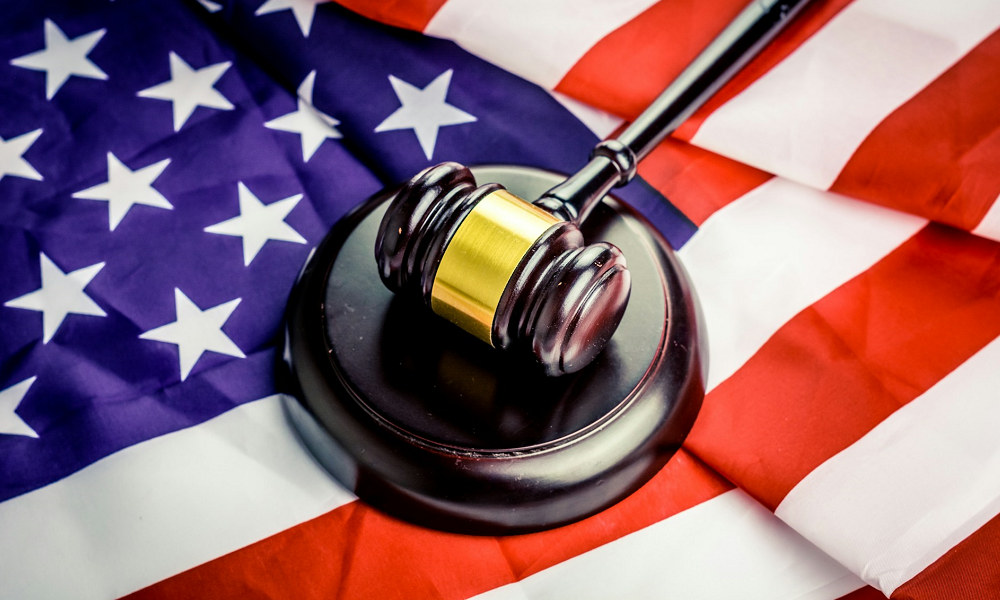Reviews
Latest Laws on Online Poker in the US

Online poker laws in the United States are still changing, and 2025 is already seeing more movement than previous years. While federal rules remain mostly unchanged, new developments at the state level are shaping how people can legally play online, and more discussions are being held about how to make poker available in more places without causing friction with existing land-based gaming rules.
More states are now talking about joining interstate poker agreements, which means they could allow players to compete across state lines. Pennsylvania was officially approved to join the Multi-State Internet Gaming Agreement in April 2025 and now shares player pools with Michigan, New Jersey, Delaware, Nevada, and West Virginia. These states have already set up the foundation, and others are starting to take notice.
While not every state has launched its own platform yet, players still have access to online poker sites for real money play that are licensed in other jurisdictions. These international platforms tend to offer bigger bonuses, more tables, and faster withdrawals than many of the newer local options, especially in states that haven’t passed any laws at all.
New York is one of the states expected to move forward soon. The state reintroduced legislation this year that would allow poker and other iGaming options through licensed providers. Lawmakers are arguing that with more states showing stable revenue and no major issues, it makes sense to move ahead. The bill has gained some attention, but the pace is still slow as lawmakers debate how to include tribal partners and existing casinos.
West Virginia only had poker on paper for years, but that changed in mid-2025 when one of the state’s licensed operators launched real-money poker after joining the shared liquidity pool. While the state’s population is small, being connected to larger states means West Virginia players now have access to more active tables and regular tournaments. This success is now being used by other smaller states as an example of how to launch poker without needing a large base of local players.
Illinois lawmakers are also looking to push online gambling forms like slots and poker this year. A pair of bills proposed in early 2025 would bring online casinos and poker into the regulated market. The main goal is to add new tax revenue streams without having to build anything new, since the structure for licensing is already in place through the state’s retail operators.
While not every state is close to launching, the conversations are growing. Lawmakers in states like Iowa and Maryland have started early-stage talks about expanding their gambling laws to include online poker. The general thinking is that if the right frameworks are already working elsewhere, there’s no reason not to explore the same model.
Online poker is still far from being available everywhere, but it’s more active now than it’s been in years. The steady growth of interstate play and continued interest in new bills shows that the game is finding its place again in the US, just one state at a time.

-

 World3 days ago
World3 days agoEthiopian volcano erupts for first time in thousands of years
-

 Legal1 week ago
Legal1 week agoMichigan man JD Vance sentenced to 2 years for threatening Trump and JD Vance
-

 Legal1 week ago
Legal1 week agoWoman in critical condition after being set on fire on Chicago train
-

 World1 week ago
World1 week agoHurricane Melissa registered 252 mph wind gust, breaking global record
-

 Legal6 days ago
Legal6 days agoSuspect in San Diego stabbing shot by authorities after fleeing into Mexico
-

 Legal1 week ago
Legal1 week ago1 dead, 2 injured in shooting at Dallas Walmart parking lot
-

 Health6 days ago
Health6 days agoMarburg virus outbreak in Ethiopia grows to 6 confirmed cases
-

 Legal5 hours ago
Legal5 hours agoUtah Amber Alert: Jessika Francisco abducted by sex offender in Ogden




